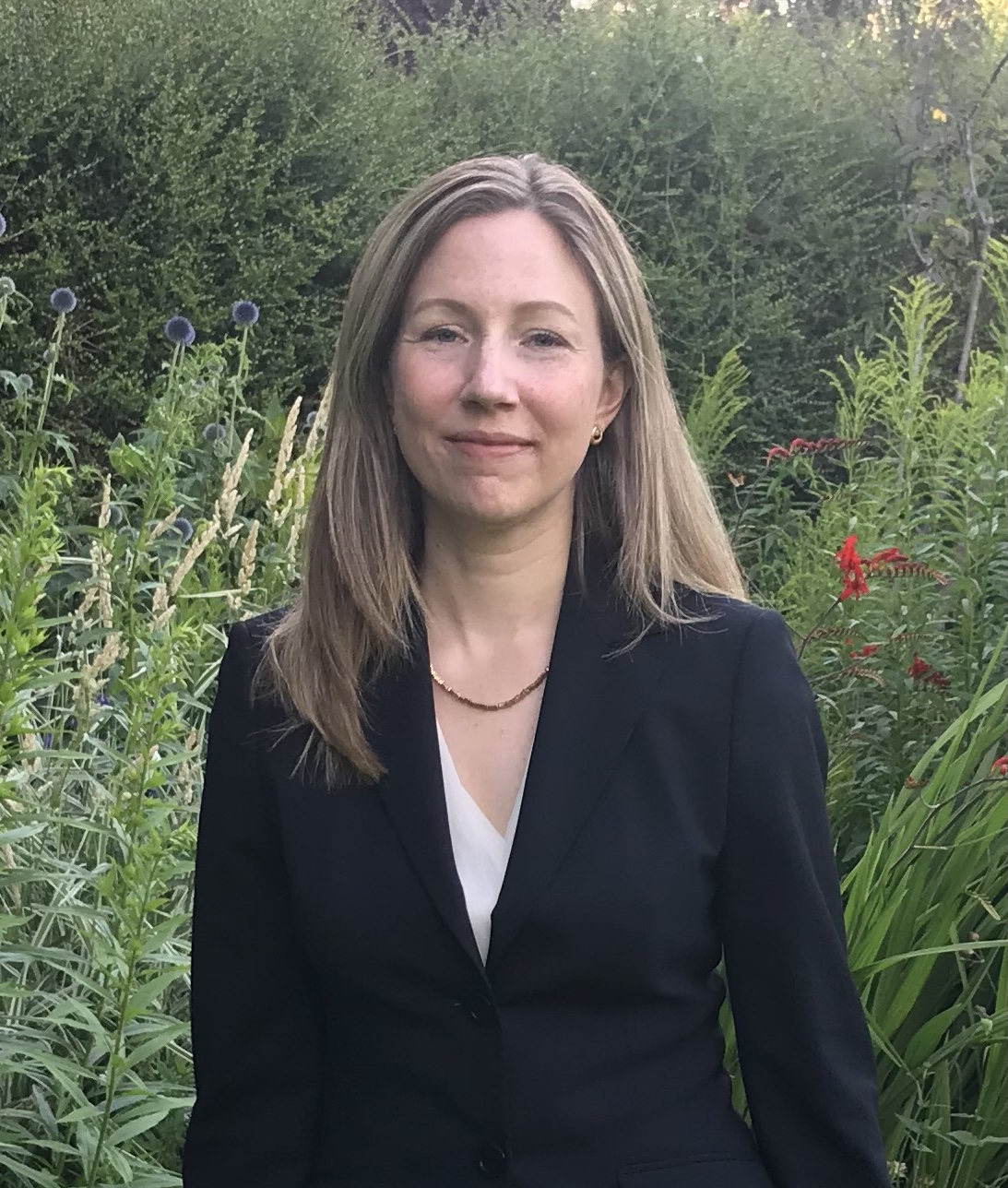DPhil in Medical Law: Q and A with Dr Heloise Robinson
 DPhil in Medical Law: Dr Heloise Robinson
DPhil in Medical Law: Dr Heloise Robinson
Why did you choose Oxford?
I thought that Oxford would be a wonderful place to conduct my research, and it was. I had two excellent supervisors, and the research at Oxford in areas connected to my research interests is exceptionally strong – certainly in medical law and ethics, and in other areas as well.
Did qualifying and working as a lawyer help your research?
I qualified as a lawyer in Canada, and worked in private practice before I started my DPhil research. I think that working as a lawyer gave me the opportunity to develop many skills that were useful in my research, even if my research areas are largely different to the areas in which I practised.
What was the title of your DPhil research and what was your research about?
My DPhil research was on state neutrality and disability, and more specifically on certain medical procedures which end or prevent the lives of disabled human beings. Whereas many people have written on related ethical issues, I examined a different matter: the neutrality of the state in relation to the use of these procedures.
When was your research submitted?
I completed my DPhil in 2020.
How did you think of your DPhil research topic?
There were a few reasons why I chose my topic. One important reason was that I noticed that a lot of the literature emphasised the role of individual autonomy, and dismissed the role of the state. I thought many authors dismissed the role of the state too quickly.
What did you find during your research?
Some findings surprised me, and some did not. Something I had not entirely expected (although maybe I should have) was the amount of time I would end up reading philosophy. This will not apply to everyone, of course, but it was an exciting opportunity for me to have. I have spent a ridiculously large amount of time thinking about the value of human lives, and the meaning of life. There is not much on this in the thesis, though.
What is the importance of this project?
A lot has been written on the ethical questions relating to the medical procedures I examined. I hope that my research will make a significant contribution by providing a new account of the foundational structures of the debate, and that the debate will shift in focus to consider more the role that the state does have.
How has your DPhil research continued to feature in your current research interests or projects?
I am working now on a number of projects that follow on from my DPhil research, and that explore connected issues, especially in relation to disability, philosophy, and the law.
How has your DPhil has helped you in your career?
It is still a bit early to tell, less than one year after completion! At this stage, it has certainly helped me to think about the next projects I would like to work on.
How does post-doctoral research differ from research for your DPhil?
I am still in the early days of post-doctoral work, but so far I would say that there is a lot of freedom – you can research anything you want! It is exciting, but I think it is also important to have a fairly well defined plan.
Is there anything other advice or information you would like share?
I recently published the following book chapter:
‘Abortion on the Basis of a Risk of Disability: The Parents’ Interests and Shared Interests’ in AM Phillips, TC de Campos and J Herring, Philosophical Foundations of Medical Law (Oxford University Press 2019)
My advice to incoming DPhil students is to make the most of the extraordinary and wonderful opportunity that you will have if you can come to Oxford, or stay here, to conduct your research. Keeping an open mind to think about new ideas can be helpful. Oxford offers endless opportunities to do so – to read widely in beautiful libraries, to meet inspiring people, and to attend a multitude of seminars, conferences, and other events. You can also organise events yourself – I did, when I was the convenor of the Medical Law and Ethics Discussion Group. Getting involved and meeting people is very rewarding intellectually, and also a lot of fun.

